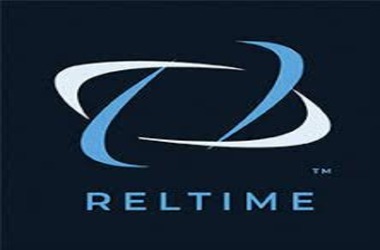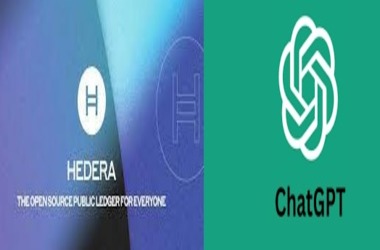 The Layer-1 Proof of Authority (PoA) Blockchain of Reltime AS, a provider of Web3 platform services, has successfully undergone testing using 5G smartphones as trusted node validators. This significant advancement holds promise in enabling secure decentralized applications, leading to a more interconnected digital future. Reltime AS’s blockchain platform has demonstrated the integration of 5G devices as node validators, facilitating the development of secure decentralized applications (dApps) and setting the stage for a more interconnected digital future.
The Layer-1 Proof of Authority (PoA) Blockchain of Reltime AS, a provider of Web3 platform services, has successfully undergone testing using 5G smartphones as trusted node validators. This significant advancement holds promise in enabling secure decentralized applications, leading to a more interconnected digital future. Reltime AS’s blockchain platform has demonstrated the integration of 5G devices as node validators, facilitating the development of secure decentralized applications (dApps) and setting the stage for a more interconnected digital future.
The blockchain infrastructure offered by Reltime is highly scalable and can accommodate an unlimited number of tenants. Each tenant utilizes 5G mobile handsets as node validators and employs Decentralized Autonomous Organizations (DAOs) to manage asset ownership. Reltime has developed a blockchain ecosystem that leverages the ubiquity of mobile phone technology, utilizing the high-speed data transmission and security capabilities of 5G networks. Individuals with 5G-enabled devices can participate in the Proof of Authority consensus mechanism, making decentralization feasible on a global scale. The successful trial of this technology allows businesses to create an unlimited number of tenant environments using non-custodial accounts across various regulatory frameworks and markets.
Reltime has highlighted the significant benefits this innovation offers to telecom operators, enabling them to optimize the utilization of their current Web3 infrastructures more efficiently. Reltime’s Proof-of-Authority (PoA) blockchain ensures a high level of security in the telecom industry by allowing only authorized nodes to validate transactions, which is crucial considering the industry’s handling of vast amounts of sensitive user data.
Furthermore, this advancement facilitates innovative decentralized applications such as peer-to-peer transactions, decentralized cloud storage, and IoT connectivity, leading to the emergence of novel services and revenue streams. Employing smartphones as node validators achieves decentralization at the device level, reducing latency and enhancing transaction speeds, ultimately improving the overall user experience. Frode van der Laak, the CEO of Reltime, emphasizes the importance of this innovation in creating a new operational structure for enterprise adoption of Web3.
According to Frode, Reltime has integrated a robust identity protocol into its platform to guarantee the security and reliability of every mobile phone node, which is a vital component for supporting the multi-tenant ecosystem. Reltime is revolutionizing the utilization of blockchain technology by enhancing its accessibility, user-friendliness, and global applicability, reshaping the future of blockchain technology for individuals and organizations alike.
The successful implementation of the pilot project creates opportunities for various applications to effectively leverage the capabilities of a secure and decentralized network. DAOs and other ecosystem participants can now harness the potential of multiple node validators to decentralize and secure their platform operations.
The financial and digital services industries are undergoing a transformation with Reltime’s advanced Web3 platform, featuring a Layer-1 Proof of Authority Blockchain that eliminates transaction and gas fees. The platform offers a diverse range of applications and functionalities, including non-custodial wallets, payment solutions, digital fiat currencies, and decentralized identity. These features are driving the next phase of digitization in various fields, such as supply chain management, tokenization, asset ownership, and global trade.








